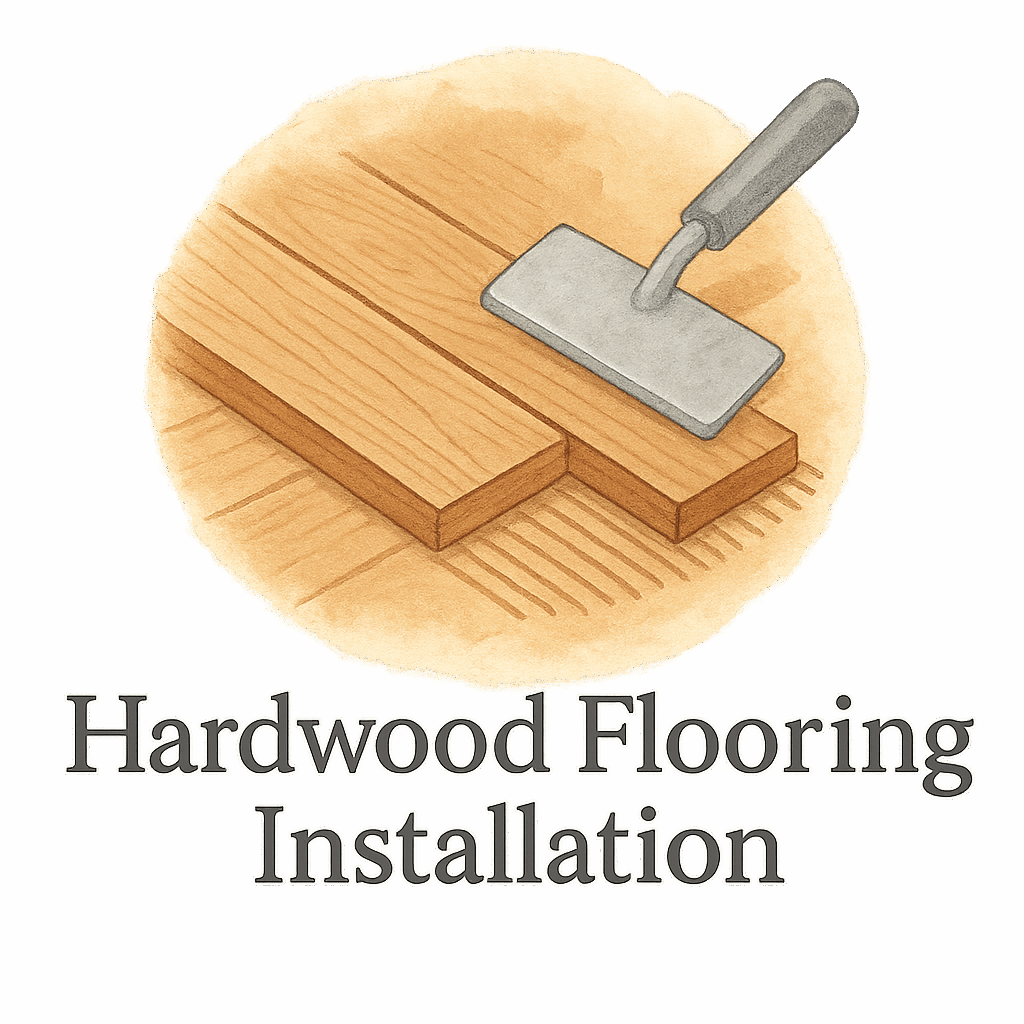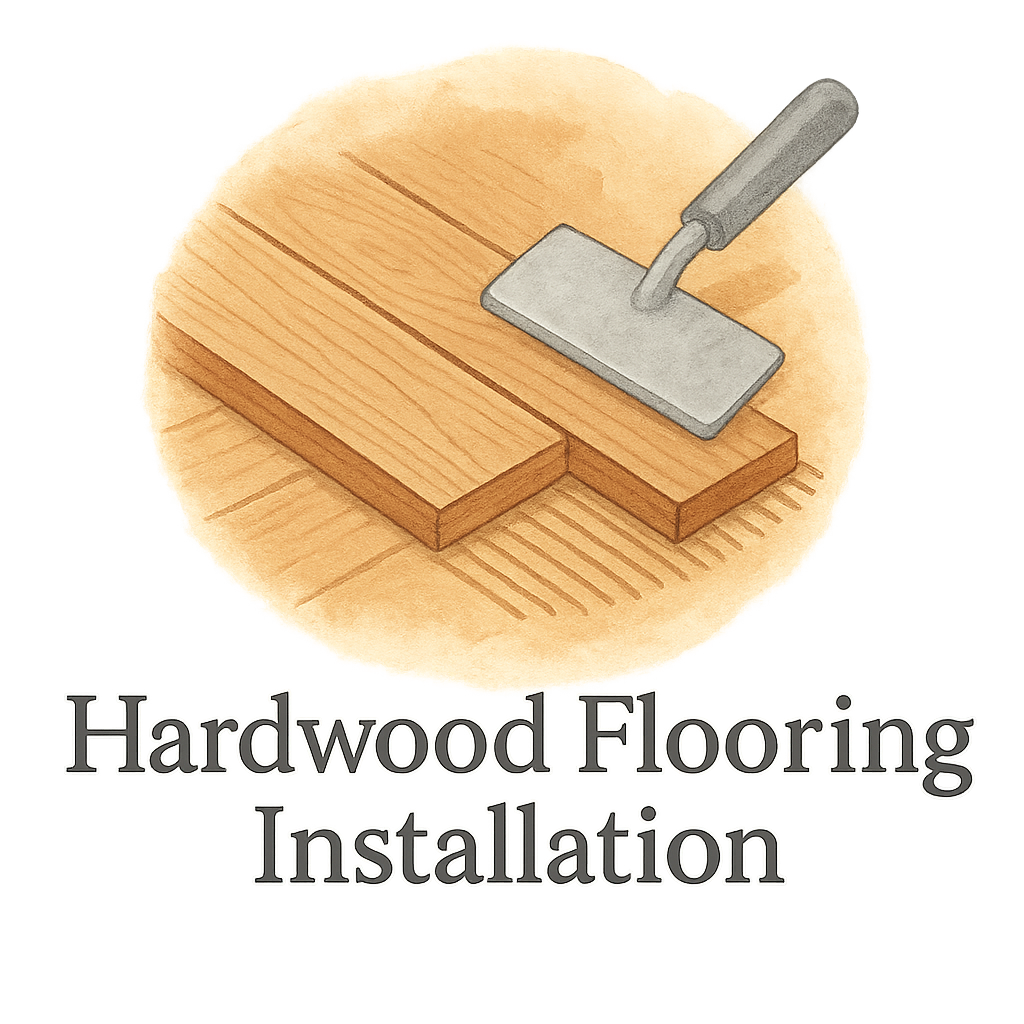Keeping your hardwood floors looking shiny and new isn’t just about frequent cleaning—it’s about choosing the right products that won’t harm your investment. In this guide, we’ll uncover the top 5 cleaning products safe for hardwood flooring, explore DIY alternatives, and give you practical advice to maintain your floors the right way.
Why Choosing the Right Cleaning Product Matters
The Importance of Using Safe Cleaners
Hardwood flooring is beautiful, elegant, and adds value to your home. But it’s also sensitive. Use the wrong cleaner and you could strip the finish, dry out the wood, or even cause long-term damage.
Choosing a safe cleaning product helps preserve the floor’s finish, texture, and longevity, ensuring that your investment pays off for years to come.
What Happens When You Use the Wrong Products
Products containing ammonia, bleach, or harsh acids can permanently dull the finish or cause the wood to warp. Using too much water is another common mistake. Wood is absorbent, and excess moisture can lead to swelling or mold.
For more information on caring for your floors, check out our flooring maintenance & repair guide.
How to Identify Hardwood-Safe Cleaning Products
Check Labels and Certifications
Look for labels that say “safe for hardwood floors” or have endorsements from flooring associations. Products like Greenguard Gold Certified cleaners are a good place to start.
Ingredients to Avoid
Avoid cleaners with:
- Ammonia
- Bleach
- Abrasive particles
- Vinegar (unless diluted and used sparingly)
pH-Balanced vs. Harsh Chemicals
Choose pH-balanced products. They are specifically formulated to match the natural acidity of hardwood finishes, reducing the risk of damage.
For those planning to start from scratch, our guide on flooring preparation can help you get set up for success.
Top 5 Cleaning Products Safe for Hardwood Flooring
Ready for our expert picks? These are the top-rated, safe, and effective cleaning solutions for your hardwood surfaces.
1. Bona Hardwood Floor Cleaner
Key Features
- Specifically designed for hardwood floors
- pH-neutral and non-toxic
- Leaves no residue
- Quick-drying formula
How to Use
Spray directly on the floor and wipe with a microfiber mop. No rinsing required.
Explore other best-rated hardwood cleaners we recommend.
2. Method Squirt + Mop Wood Floor Cleaner
Key Features
- Plant-based ingredients
- Almond scent
- No wax or harsh chemicals
How to Use
Squirt directly onto the floor and mop—no dilution necessary.
Want to go the DIY route? Visit our post on DIY flooring installation for step-by-step instructions.

3. Black Diamond Wood & Laminate Floor Cleaner
Key Features
- Eco-friendly
- Hypoallergenic
- Safe for children and pets
How to Use
Spray and wipe with a microfiber pad. Ideal for everyday use.
Find more helpful tools in our curated list of flooring tools & materials.
4. Murphy Oil Soap Wood Cleaner
Key Features
- 98% naturally derived ingredients
- Trusted brand for decades
- Great for deep cleaning
How to Use
Dilute in warm water, then mop. No rinsing needed, but don’t oversaturate the mop.
Learn more about common flooring mistakes and how to avoid them.
5. Better Life Naturally Dirt-Destroying Floor Cleaner
Key Features
- Biodegradable
- Citrus mint scent
- Safe for all sealed floors
How to Use
Apply directly and mop. No rinsing required. Great for busy households.
Also browse our flooring quotes and planning to budget smarter.
DIY Cleaning Alternatives for Hardwood Floors
Vinegar and Water – Use With Caution
Yes, vinegar can clean—but it can also strip your floor’s finish. If you must use it, mix one cup of vinegar with a gallon of water. Always wring the mop nearly dry before use.
Olive Oil and Lemon Juice Polish
Mix 2 parts olive oil with 1 part lemon juice. This mix can act as a natural polish, but it should only be used occasionally.
Want more tips? Browse our collection of flooring DIY tips and home improvement hacks.
Best Cleaning Practices for Hardwood Flooring
How Often Should You Clean?
- Daily: Dust or sweep
- Weekly: Mop with a hardwood-safe cleaner
- Monthly: Polish if needed
- Annually: Deep clean or refinish
Tools That Won’t Damage Hardwood
- Microfiber mops
- Soft-bristle brooms
- Vacuum with a hardwood setting
Check out more helpful resources on flooring maintenance.
Mistakes to Avoid When Cleaning Hardwood Flooring
Common Cleaning Errors
- Using too much water
- Using steam mops
- Scrubbing with abrasive pads
- Ignoring spills
Tips to Extend Floor Life
- Use rugs in high-traffic areas
- Add felt pads under furniture
- Trim pet nails regularly
For a better idea of layout and maintenance, visit our guides on flooring layout and prep techniques.
Conclusion
Choosing the right cleaner for your hardwood floors isn’t just a small detail—it’s a critical part of preserving your home’s beauty and functionality. Whether you prefer a trusted brand like Bona or an eco-friendly option like Better Life, the goal is the same: clean without causing harm.
Stick with pH-balanced, non-toxic, and residue-free products, and you’ll keep your floors looking gorgeous for decades. And if you’re ever unsure about what to use or how to apply it, you’re not alone—just head over to Flooring Contractor Plano FBS for helpful guides, tips, and product insights.
FAQs
1. Can I use vinegar to clean hardwood floors?
Only if it’s heavily diluted and used sparingly. Over time, vinegar can dull the finish.
2. Is Murphy Oil Soap safe for all hardwood floors?
Yes, but always check your floor’s sealant. It’s ideal for sealed wood but not for unfinished floors.
3. How often should I mop my hardwood floors?
Once a week is usually enough, depending on traffic levels and dirt.
4. What’s the best mop for hardwood flooring?
Microfiber mops are gentle, absorbent, and effective.
5. Are steam mops safe for hardwood floors?
Generally no—excessive moisture and heat can damage the wood.
6. How do I know if a cleaner is pH balanced?
Look at the label or the manufacturer’s website. Many products list their pH level or will say “pH-neutral.”
7. What if my hardwood floor is already damaged?
Check out our guide on flooring maintenance & repair to learn how to fix common problems.


